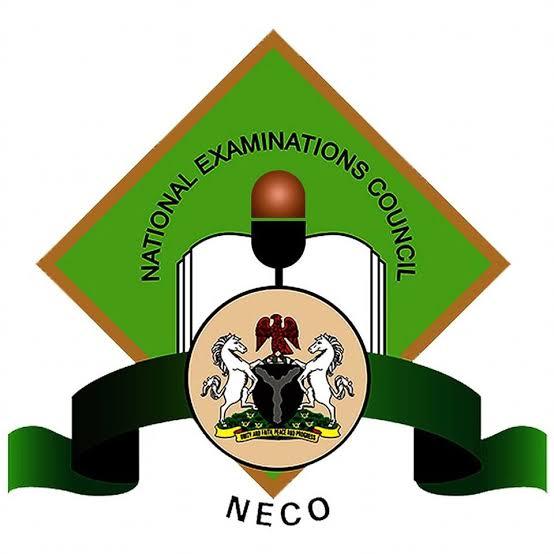Neco History Syllabus + Ssce Exam Success Tips (2025/2026): Official Guide
Preparing for the NECO History SSCE Exam (2025/2026)? Whether you’re an Arts student or just interested in Nigerian and African history, mastering the official syllabus and applying smart strategies can help you secure an A1.
This official guide provides the updated NECO History syllabus, essential focus areas, question structure, and exam success tips to help you prepare effectively.
NECO History Syllabus (2025/2026)
The NECO History syllabus focuses on the political, economic, and social developments of Nigeria and Africa from prehistoric times to modern periods. It includes colonial rule, nationalist movements, post-independence challenges, and significant global events.
1. Pre-Colonial African History
| Topics | What to Study |
|---|---|
| Early Man in Africa | Origin, migration, tools, culture |
| Ancient Civilizations | Egypt, Mali Empire, Songhai Empire |
| Iron Age in Nigeria | Nok culture, Ife, Benin civilization |
| Trans-Saharan Trade | Routes, commodities, importance |
| Pre-Colonial Political Systems | Yoruba, Hausa/Fulani, Igbo traditional systems |
2. Colonial Rule and Administration
| Topics | What to Study |
|---|---|
| European Contact with Africa | Exploration, trade, missionary activities |
| Colonization of Nigeria | British conquest, indirect rule, resistance |
| Colonial Economy | Cash crops, mining, transportation development |
| Christian Missionaries’ Role | Conversion, education, cultural impact |
3. Nationalism and Independence Movements
| Topics | What to Study |
|---|---|
| Rise of Nationalism | Causes, key figures, political parties |
| Nationalist Leaders | Nnamdi Azikiwe, Obafemi Awolowo, Ahmadu Bello |
| Constitutional Developments | 1922 Clifford Constitution, 1946 Richards Constitution, Macpherson Constitution |
| Independence Struggles | Events leading to independence (1960) |
4. Post-Independence Nigeria
| Topics | What to Study |
|---|---|
| First Republic | Achievements, failures, military coups |
| Civil War | Causes, events, effects |
| Military Rule | Key regimes, policies, impacts |
| Democratic Governance | 1999 Constitution, civilian rule challenges |
| Economic Development and Challenges | Oil boom, economic reforms, corruption |
5. Africa and the Wider World
| Topics | What to Study |
|---|---|
| Pan-Africanism | Meaning, objectives, leaders |
| OAU/AU | Formation, aims, achievements, challenges |
| Africa in International Politics | Africa’s role in UN, Commonwealth, OPEC |
| Decolonization in Africa | Countries, processes, impacts |
NECO History Exam Format
| Paper | Section | Details |
|---|---|---|
| Paper I | Objective Questions | 50 multiple-choice questions |
| Paper II | Theory/Essay Questions | 5–6 structured essay questions |
NECO History Success Tips
| Tips | Why It Matters |
|---|---|
| Focus on Nigeria’s Colonial History | Frequently asked in theory paper |
| Study Nationalist Movements | Important leaders and events repeated often |
| Practice Objective Questions | Improves speed and accuracy |
| Use Timelines for Historical Events | Helps memorize dates and sequences |
| Answer Theory Questions with Facts | Avoid vague statements – state clear facts |
| Practice Past Questions Regularly | Identifies recurring topics |
FAQs About NECO History Exam
Q1. Does NECO History focus only on Nigeria?
No. While Nigeria is the main focus, African history and global influences are also included.
Q2. Are dates and years compulsory in answers?
Yes. Accurate years and timelines improve your scores in theory questions.
Q3. Is map work required in History?
No. Map reading is not part of NECO History.
Q4. Which textbooks are recommended for NECO History?
-
Comprehensive History for Senior Secondary Schools
-
Essential History for Senior Secondary Schools
-
NECO past questions compilation.
Conclusion
Scoring high in NECO History SSCE (2025/2026) depends on understanding Nigeria’s pre-colonial, colonial, and post-independence political development, as well as Africa’s broader role in world history. Pay attention to timelines, constitutional developments, key figures, and nationalist movements.
With proper focus, revision, and the use of past question papers, you can aim confidently for an A1 in History.



